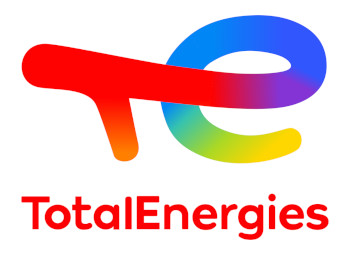France was among the first European countries to legislate on corporate due diligence in 2017, which applies to all French companies with more than 5000 employees in the company’s direct or indirect France-based subsidiaries and with more than 10,000 employees, if including direct and indirect subsidiaries globally. However, over the 5 years of its implementation it is amply clear that the burden of proof of violation lies with affected party, not the corporation. The affected party must: 1. Prove existence of the violation; 2. Prove extent of the damage caused by this violation; and 3. Establish that there is a causal relationship between the established violation and the damage suffered. Even if the affected party is able to cross these bridges, the fine on the corporate violator is not prohibitive, which makes this legislation merely a law to whitewash corporate crimes with the paint of a toothless legal framework.

The case of the French oil major, Total, in Uganda, in 2019 that displaced thousands of people without proper compensation to the local landowners, and greatly threatens local biodiversity and impacts communities and nature in Uganda and Tanzania. Total, is the main operator of a mega oil drilling project in Lake Albert and Murchison Falls, a protected natural park in Uganda. The vigilance plan published by Total did not include the Ugandan project and therefore violated the French law. On 28 February 2023, the court dismissed the case against Total because it was “inadmissible” on procedural grounds. The court stated the NGO plaintiffs did not follow proper court procedures.
The law bypasses the governments of the countries in the global south. The legal system of the countries of the north become the deliverer of justice for the entire world.

In 2011, a subsidiary of the US energy giant, Chevron was fined 9.5 billion USD by an Ecuadorian court for environmental damage caused by its activities in the region. Chevron refused to accept the ruling. The US government remained silent on the issue.
The due diligence laws are thus created to ensure transnational companies can produce their products across the world as they wish as long as they are willing to accept a common framework of duties. Violation of these duties only comes under scrutiny once there is a complaint: No Complaint, No Problem.
If countries of the global north are serious about regulating the exploitative practices of their companies, the binding legal framework must complement the judicial system of the countries where the violations occur. Nearly four decades after the world’s worst industrial disaster – Bhopal Gas Tragedy in 1984 – India has failed to extradite and try the prime accused in the case, Warren Anderson, former Chairman of Union Carbide Corporation USA, till his death in 2014. The US government declined to extradite him citing a ‘lack of evidence’ despite courts in both the countries holding him accountable.
Finally, the highest punitive action against a defaulting company under all due diligence laws is the imposition of a trade sanction on its products from the country where it is produced in violation of existing laws. If imposed, this means a one-time loss for the transnational company for that specific order, but more importantly, this leads to an isolation and victimisation of complainant country not just by the company that is charged but also by others in fear of being charged. This can have a cumulative and spiraling effect on the already unstable dependent economies of the global south. This fear of isolation promotes a repressive state in these countries that suppresses assertion of citizens’ rights for corporate accountability. This is all to ensure unrestrained access to global companies.
Despite continued uncertainty regarding the scope and the final text to be agreed by the EU, the EU Corporate Sustainability Due Diligence Directive (CSDDD), will require companies to monitor their supply chains for the risk of violations of human and environmental rights. The Commission proposed that member states must establish civil liability for failure to comply with due diligence obligations that results in damages. However, no liability will accrue to indirect business relationships if reasonable due diligence measures were taken!
Due diligence laws thus are a spoonful of sugar that is meant to help globalisation (the medicine for all ailments in this world) go down the throats of all, even if not in the most delightful way. It is to create an image of a ‘benevolent exploiter’ – an exploiter with a bleeding heart that is crying for the poor people in the global south, for their starving children, for their oppressed women, for their rivers and mountains, for their animals and plants. This creates a corporate image that legitimises their expanding access to new regions to exploit.

Leave a Reply